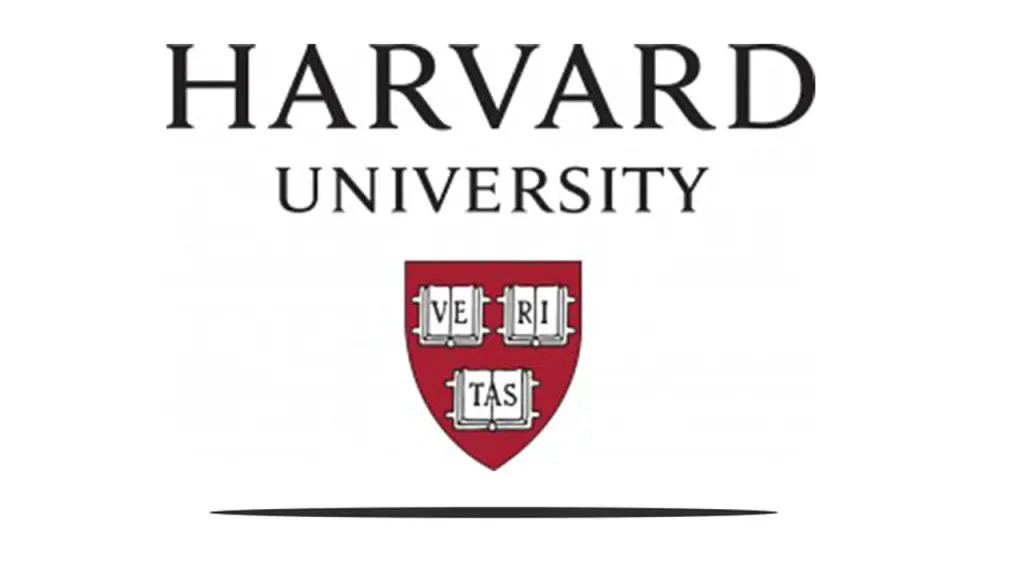Harvard University’s governing body, the Harvard Corporation, is facing mounting pressure from faculty members in light of President Claudine Gay’s plagiarism scandal and her handling of a congressional hearing on antisemitism. The incident has sparked widespread concern about the institution’s reputation, with calls for board resignations and public accountability.
Faculty voices have been prominent in demanding accountability from the university’s traditionally secretive board. According to a report by the Wall Street Journal, there are suggestions that the Massachusetts legislature should appoint a public representative to the board, reflecting its constitutional authority over the university.
Jeffrey Flier, former dean of Harvard Medical School, expressed to the newspaper that the university’s reputation has suffered significantly “on their watch.” Kit Parker, a bioengineering and applied physics professor, echoed these concerns, questioning the Corporation’s response to the crisis.
Governor Maura Healey’s office has acknowledged the situation, indicating an interest in reviewing proposals for state intervention in the board’s composition. The current board, consisting of notable figures including a former U.S. Commerce Secretary and the president of the Carnegie Endowment for International Peace, is known for its closed-door operations and significant influence, including the selection of the university president.
The selection of President Gay, who was seen as a promising candidate due to her deep understanding of the university and potential for a long tenure, is now under scrutiny. Doubts have been raised about her ability to retain the confidence of the academic community and her effectiveness in fundraising in the wake of the scandal.
Even within the board, there are private expressions of concern, as reported by The New York Times. Steven Pinker, a psychologist at Harvard, revealed that at a recent meeting between corporation members and academics, there was a consensus that the board had contributed to the current issues.
The controversy intensified following President Gay’s testimony before the House Education Committee, where she was criticized for being evasive about antisemitism on campus. Subsequent revelations of a plagiarism investigation by the Harvard Corporation, and corrections issued to academic journals regarding her work, have further fueled the firestorm.
In response to the plagiarism allegations, President Gay staunchly defended the integrity of her scholarship. Harvard spokesman Jonathan Swain referred to a December 12 statement from the Harvard Corporation, which expressed “unanimous support” for President Gay’s leadership.
This ongoing saga at one of the world’s leading universities highlights the challenges of governance and accountability in higher education, especially when reputational crises emerge.

